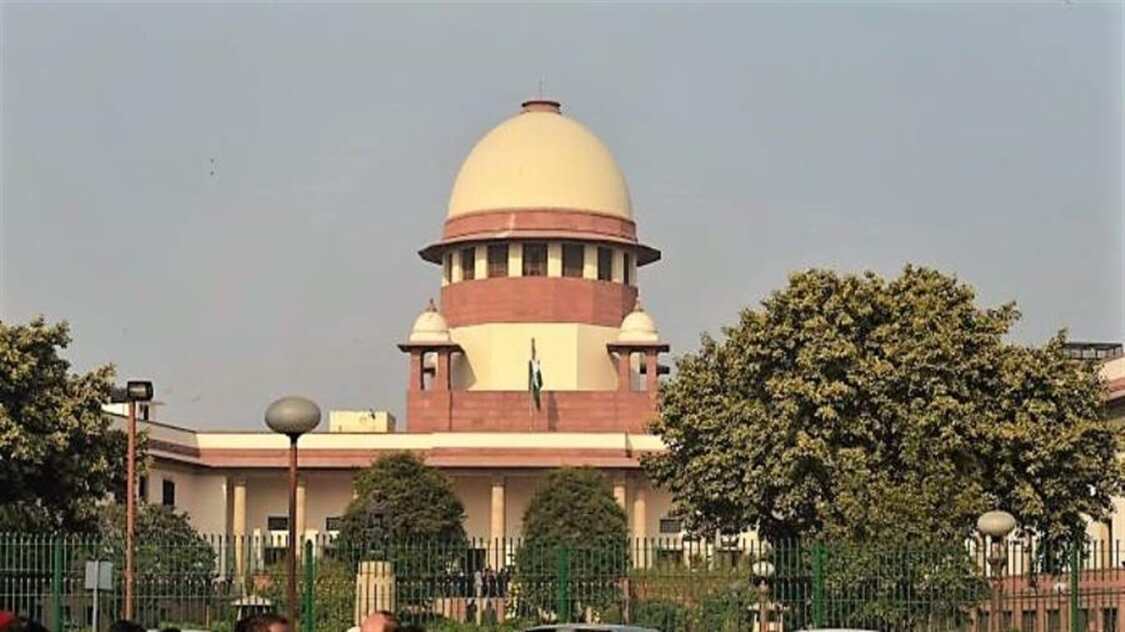A necessary step?

On Monday, the Supreme Court ordered Faridabad and Haryana Municipal Corporation to clear out the ecologically sensitive Aravali forest lands of illegal encroachments within the next six weeks. The process would involve the demolition of some 10,000 houses built in the Lakkarpur-Khori village area. The onus of compliance for the same has been put on the civic body commissioners and the forest secretary of Haryana. This order reinforces an interim order made by the Court last year in regards to the encroachments. While reiterating the same order, the SC bench asked the concerned authorities as to why its order from last year was not compiled with. When the Court was informed that the municipal corporation officials and workers had been pelted with stones when they attempted eviction, the SC responded by charging the Faridabad police department with protection. While the SC bench was approached by the occupants of Khori Gaon to seek rehabilitation before the houses were demolished, the Court refused such requests, terming the petitioners as 'land grabbers'. Appealing on behalf of the petitioners, prominent human rights activist and Senior Advocate Colin Gonsalves has pleaded for mercy and for an extension to a Haryana government rehabilitation policy cut-off which could see the residents of the 25-year-old village rehabilitated. Furthermore, Gonsalves has also asked for more time due to the ongoing pandemic which makes seeking an alternate accommodation problematic. But the Supreme Court ultimately stood firm and ruled that while Haryana could choose to extend the rehabilitation cut-off as per its wishes, the order to clear out the ecologically sensitive land must be complied with. This was the day before yesterday. Today, it seems the eviction of the 60,000 or so people who inhabit the area is about to get underway. The municipal workers this time will be assisted by no less than 2,000 policemen. Understandably, for those living in the village or 'basti' this is a tragedy of epic proportions. To give context to the situation, the 'basti' is one of several such encroachments that came up in the heyday of mining operations in the Aravalis. Though the SC banned mining in the area in 2002, illegal mining continued and even intensified in many cases. While there is no question of the mining being disastrous to the mountain range with illegal quarries causing irreversible damage, the question of the settlements is less straightforward. The 'basti' in question is a gathering of migrant workers and labourers who were settled by the so-called land mafia and have called the village home for the last two decades. The stories are innumerable and tragic with many dreading the loss of homes and lives they have slowly built up over the last 20 years. Many ask, why not punish the land mafias that sold the land and settled them there? The sentiment is, if the environment must be preserved and those that are encroaching upon it must be punished, why start with those who have the most to lose? Encroachment on ecologically sensitive areas, whether by the rich or poor, is not uncommon in India. An example of this would be the land encroachments in the Nilgiris on land that is demarcated as elephant corridors. While the SC crackdown on such encroachments is both prudent and justified, sometimes there is a human cost. But the law cannot be subjective and applied case-by-case. The SC said as much when it told Senior Advocate Gonsalves that "You often come to the court with cases for protection of forest land and protection of the environment. Now you say that on humanitarian grounds allow the destruction of the forest. You cannot wear two hats alternatively as and when it suits you. Next time you come with a petition for the protection of the environment, we will show you this argument of yours in the present case." The SC stated that it was willing to hear petitions from those affected by the eviction order and deliberate on possible relief at a later date but first the petitioners must be "law-abiding citizens". The bench furthermore noted that "land grabbers can't take refuge of rule of law". While the law must take its due course and its content be applied objectively, the spirit and objective of the same of providing an orderly solution to conflicts also have to be given due consideration. A tough balance, as it may seem, but the honourable court has proven competence in striking a fine balance in such situations. Perhaps, appropriate intervention on the part of state administration, complementing the judicial orders, could lead to a viable solution.



